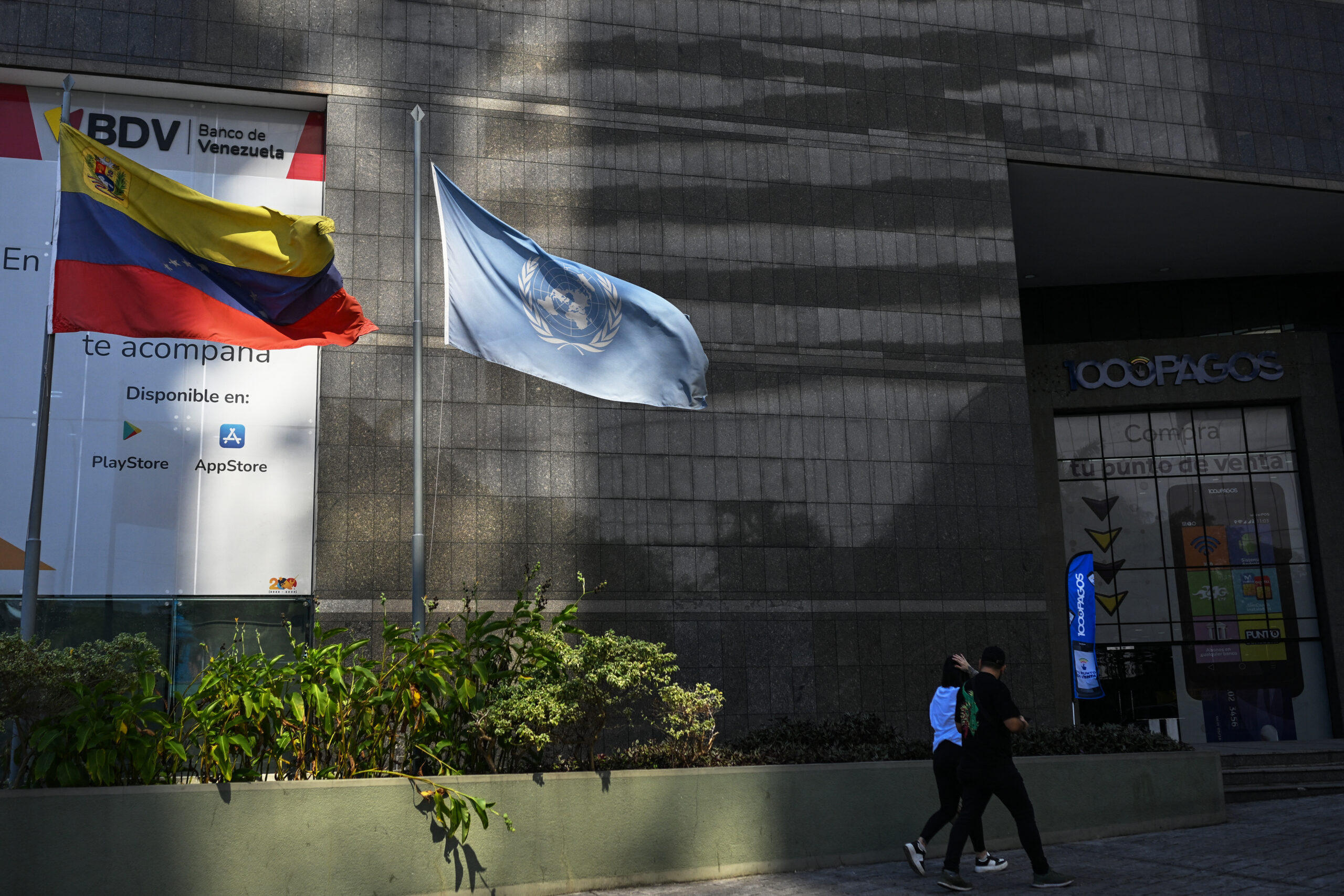While this is, in some ways, the darkest hour in Venezuela’s protracted crisis, it is also a time of possibilities for those who seek a democratic transition. The nation’s citizens and democratic leadership expressed their will in the July 28 election and fulfilled their duty to achieve a self-led solution to the quandary. It’s time for the international community to support these efforts. The United Nations can lead in managing this seemingly intractable conflict and its severe humanitarian fallout.
So far, the UN’s involvement in the Venezuelan crisis has centered on responding to serious human rights violations, humanitarian emergencies and forced displacement. Over the last six years, the UN has produced reports and statements with over 2,000 recommendations from its various bodies. The humanitarian architecture was established, and for several years, we had the presence on the ground of the team from the Office of the High Commissioner for Human Rights, which was expelled earlier this year. Since 2019, Venezuela has also had a UN Independent Fact-Finding Mission, which has been an important asset to ensure future accountability.
However, in recent weeks, the nature of the UN’s involvement has become increasingly political – a welcome and necessary change, given the present circumstances. Notably, the Secretary-General decided to publish an interim report, which was initially meant to be private, produced by the UN Panel of Electoral Experts that observed the presidential election at the invitation of the Venezuelan government. The report states that the July 28 election lacked “basic transparency and integrity.”
The decision by Venezuela’s Supreme Court to certify Nicolás Maduro’s flagrantly fraudulent victory via an illegal and inadequate “verification process” highlights the need for more assertive international action. Within that space, there is undoubtedly a role for regional leadership by Latin American countries, including Brazil, Colombia and Mexico. However, it is essential that the efforts of the Secretary-General are also included in these initiatives, especially with four months until the inauguration of the next presidential term in January 2025 –enough time for further dialogue and action.
A critical role
The UN can take decisive steps to address Venezuela’s crisis. Some options would likely be thwarted by vetoes in the Security Council, as Russia and China hold an ever-threatening power. However, a statement from this body urging an immediate cease to repression, as well as transparency and respect for democratic principles, is feasible and would be in order.
Another significant step the UN could take would be to adopt a resolution agreeing to deploy an independent electoral verification mission with a broad mandate to monitor human rights and the political transition, supported by the Office of the High Commissioner for Human Rights. Additionally, the UN should intensify humanitarian aid efforts, and the Secretary-General could lead mediation efforts, leveraging the UN’s neutrality to unite regional and international actors for a peaceful resolution.
While international pressure has yet to be successful in Venezuela’s case, the unique landscape after the election and a unified and persistent UN-led effort, combined with regional leadership, could create the conditions necessary for meaningful political change.
The UN has ample experience with such actions. The case of Côte d’Ivoire and its November 2010 elections offers an important precedent as to the measures that could be employed in Venezuela, specifically as it pertains to the Security Council and International Criminal Court (ICC). The actions of both organizations were determinant during and after the presidential crisis that ensued in the country after Laurent Gbagbo’s Constitutional Council declared him the victor of that year’s election despite not having obtained the majority of the votes.
It is essential to add that these missions are not always successful: special political missions deployed in Afghanistan (2004-2015) and Haiti (supporting the elections in 2006, 2010, and 2015) only achieved moderate results, specifically regarding sustainability. They are essential reminders of the need for strategic international engagement, focused on protecting human rights and justice as a means for lasting peace.
A concerted effort
Political will and dialogue among all parties are essential for the UN to send an election verification mission to Venezuela. A request for such a mission typically needs to come from the Venezuelan government or be facilitated through agreements involving international organizations and key stakeholders. Ecuador provides a relevant example: arguing that Venezuela’s situation could become a “direct threat to the regional stability and the international security,” its diplomatic mission at the UN plans to bring the issue of Venezuela before the UN Security Council on September 5.
The mission’s success depends on generating consensus and cooperation to address the crisis of electoral legitimacy and human rights. While it is possible to work towards resolving these issues, achieving meaningful progress requires a commitment from all sides. Maduro could still impede the mission’s deployment and operations, but with sufficient political agreements, there could be a path forward to mitigate these challenges and advance the mission’s objectives.
Venezuelans have some tough months ahead, but we are determined to fight for freedom. Just as we seized the moment and voted in the recent election, the international community should take advantage of this brief window of opportunity to push for democratization. This is not a moment for Venezuela to be left behind, alone in its quest to recover the alternation of powers and coexistence of diverse political views. The time for the UN and regional democratic leadership has come, and it is paramount to exercise bold, decisive diplomacy to support Venezuelans in their quest for democracy.






